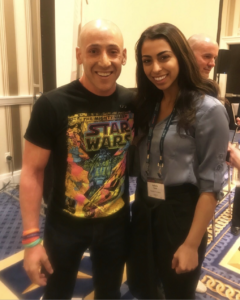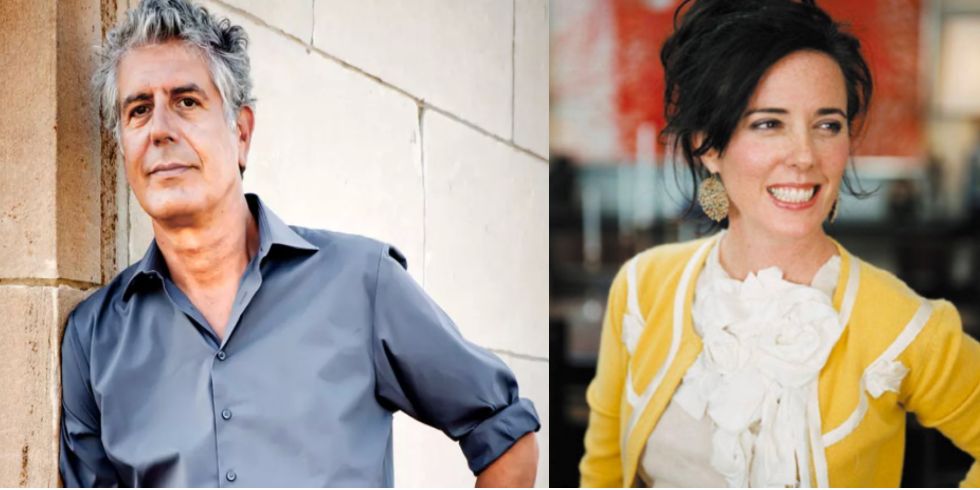It’s become a strangely familiar routine. It can be any morning, preparing for a busy day scrambling to get out the door with coffee and keys in hand, when a push notification will pop up on my phone: another celebrity has died by suicide.
Every time, I feel a sense of utter shock, disbelief, grief, and confusion. Recently, the deaths of Kate Spade and Anthony Bourdain left me asking one question: “how could this be?” We all know that mental health challenges don’t discriminate between the rich and poor, so the fact that well-known, well-loved people who could have access to the best care and resources in the world are dying from brain health conditions reminds us that this is a public emergency!
Why don’t we talk about suicide until it happens? Why do we wait, as a society and community, until it’s too late?
Before we can answer these questions, we have to address the mindset regarding mental health in our country, specifically when it comes to suicide prevention and awareness.
As an intern for the Flawless Foundation, I have been exposed to an extensive education and vocabulary for mental health, and what it means to truly be an advocate. As someone who used to believe I knew everything there was to know about mental health, my eyes were opened to the truth that stood behind my “veil of ignorance.” In April, I attended the National Council for Behavioral Health’s Conference (NatCon18), with behavioral health thought leaders who provided a vast amount of resources, advice, knowledge, and research. One key speaker who left a lasting impression was Kevin Hines, a survivor of suicide, who uses his story to help others through filmmaking, speaking, and writing, effortlessly composing his testimony in a melody that touches everyone. He brilliantly concluded his session at NatCon18 by having the audience stand up in unison repeating these words after him: “I will be here tomorrow!” 
After hearing Kevin speak, I realized: there is much more we can each do for suicide prevention.
Acquiring skills from Kevin Hines and working at the Flawless Foundation, I have learned how to notice warning signs of suicide, how to address suicide in dialogue, coping skills that combat suicidal thoughts, and how to maintain my own mental health in this ever-changing world. But you shouldn’t have to intern for a mental health organization to learn these things – EVERYONE should be able to learn these tools and have easy access to further resources when they need them.
It all starts with lifting the veil of judgment, fear, ignorance, or lack of awareness. Start by researching and reading, participate in collaborative discussions and hear the stories of suicide survivors in their own words, change the dialogue surrounding suicide within your home, school, workplace, and community, and have intentional conversations with others. You can impact more than you think – and it starts with your flawless self to make a change.
Let’s make it our mission to combat suicide, as individuals and as a society, putting mental health awareness at the forefront of everyone’s minds. Let’s create headlines that tell stories of survival and hope, of a society in tune with the well-being of others, and address the important conversations that are long overdue. Let us see a bold headline like this instead:
“Survivors Come Together to Share Their Stories on Hope.”
Make this a promise to Kate Spade, to Anthony Bourdain, to every person who has died by suicide, that we will do everything we can to prevent another death. The time to “do” is always now – and we will do indeed.
__________________________________________________________________________
If you or anyone you know is in crisis and needs immediate help, contact The National Suicide Prevention Lifeline number at 1-800-273-8255 and the Crisis Text Line is 741741.







